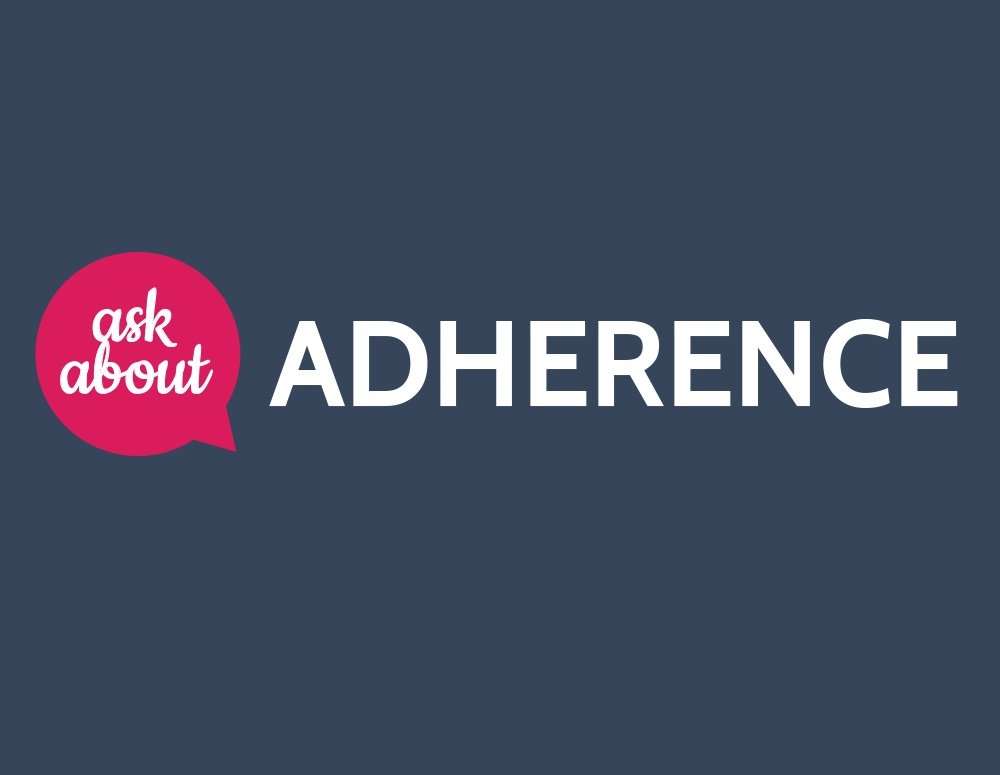 Ask About Adherence is a blog series featuring Q&A’s with experts and new medication adherence resources. In this post, we feature a recently released study published in Health Affairs that explores how synchronized medication refills improved medication adherence among Medicare Advantage enrollees.
Ask About Adherence is a blog series featuring Q&A’s with experts and new medication adherence resources. In this post, we feature a recently released study published in Health Affairs that explores how synchronized medication refills improved medication adherence among Medicare Advantage enrollees.
Stay tuned for the next blog and be sure to share your thoughts in the comments section below.
Across the United States, patients can find synchronized prescription refill programs that coordinate the renewal date for their refills. Such programs save patients from making multiple trips to their pharmacy, particularly those with multiple chronic conditions.
In an effort to determine whether synchronized prescription refill programs increase medication adherence, a study was conducted using a random sample of Medicare Advantage enrollees who use mail-order refills. Key findings from the study include:
- “[V]oluntary enrollment in a synchronized refill program was associated with significantly improved adherence in Medicare patients receiving three common classes of maintenance medications: antihypertensives, lipid-lowering agents, and antidiabetic agents.”
- “[P]rescription synchronization alone did not appear to lead to the same magnitude of improvement that has been reported in studies of appointment-based medication synchronization programs, which typically offer face-to-face contact with a pharmacist and a more comprehensive set of services….”
- “Synchronization is able to target many of the logistical issues related to medication supply, but it is not able to target other common roots of nonadherence…. Nevertheless, synchronization can be easily combined with other types of interventions, based on a patient’s specific adherence challenges.”
While the study found evidence to support the theory that synchronized prescription refill programs improve medication adherence, the authors also provided insights to guide future programs.
 Target less adherent patients first.
Target less adherent patients first.
- Use an opt-out type option, leading patients to make an active choice about not using such a program.
- Encourage continued participation in the program through member retention efforts.
Learn more about this study here.



 Ask About Adherence is a
Ask About Adherence is a  Target less adherent patients first.
Target less adherent patients first.